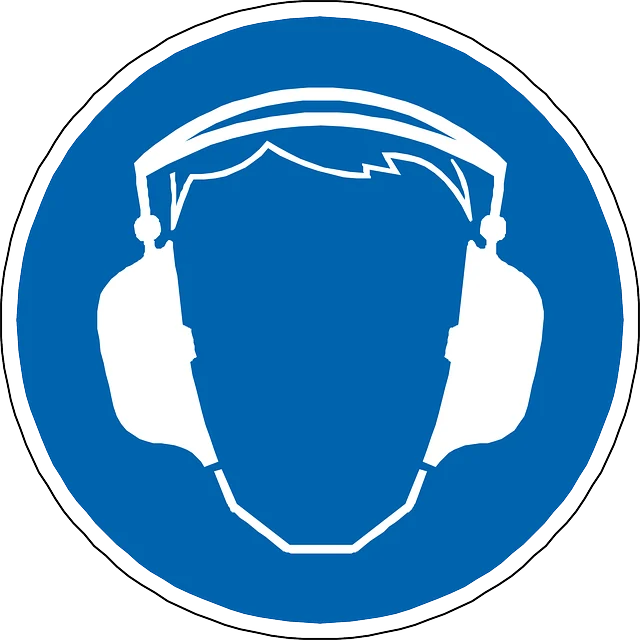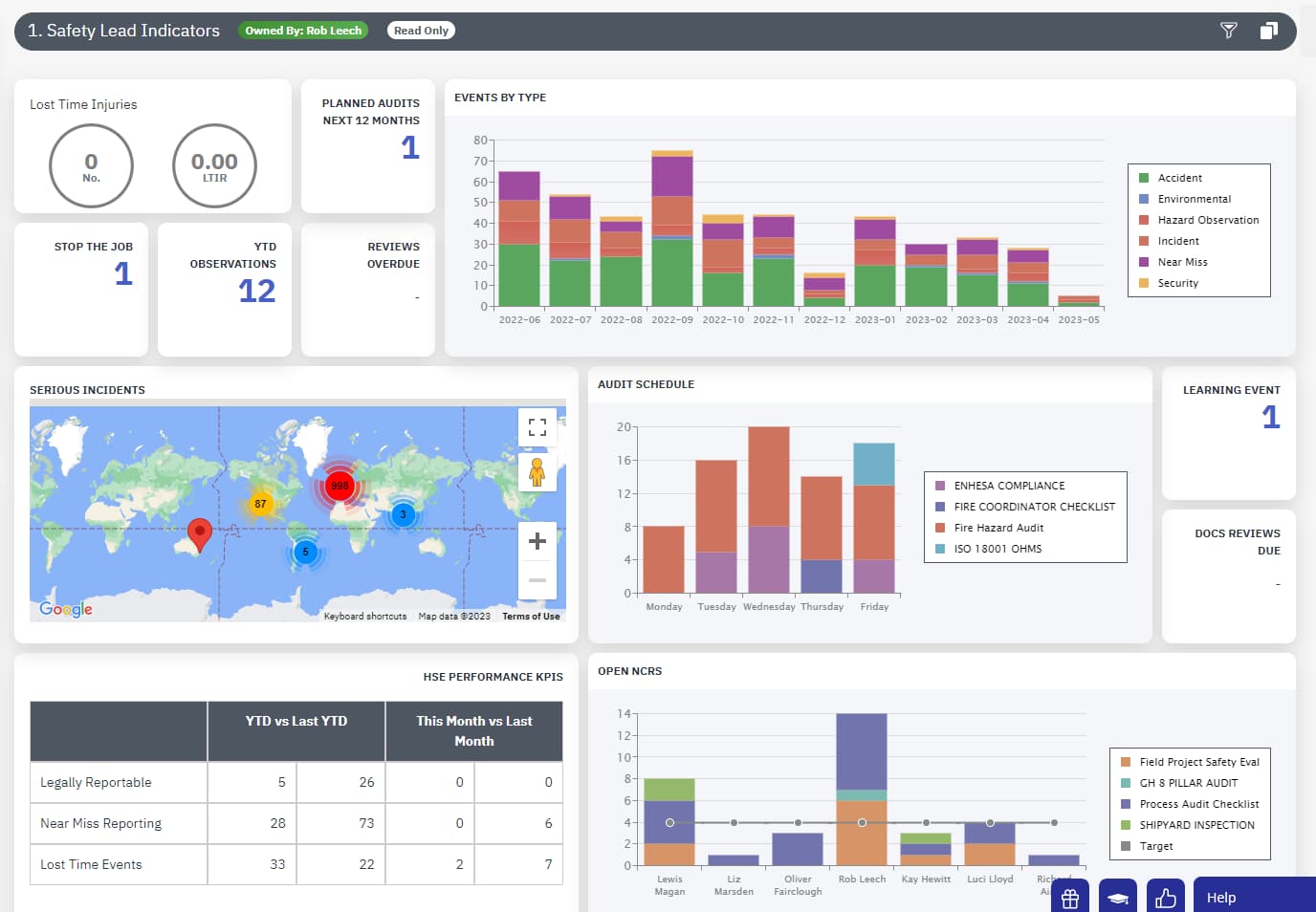
Noise-Induced Hearing Loss Meaning & Definition
What is Noise-Induced Hearing Loss?
A person’s ability to hear is one of five major senses. It plays an integral role in the way people communicate, and hearing also helps in the development of speech and language. Hearing loss therefore, even minimal, can have a major impact on a person’s quality of life.
Noise-induced hearing loss is permanent and irreversible loss of hearing that usually occurs due to exposure to excessive environmental noise. When a person remains around loud noises for an extended period of time, there is a risk that their eardrums could suffer irreversible damage.
Exposure to hazardous noise can result in hearing loss, as cumulative noise can affect the delicate structure of an individual’s ears. Adults who work on sites with loud noises, such as manufacturing factories or construction sites, are at an increased of suffering noise-induced hearing loss.

The Importance of Mitigating Noise-Induced Hearing Loss
A person who suffers from hearing loss is likely to have difficulty in comprehending language or general learning. Thus, if an individual suffers from noise-induced hearing loss, there is a strong risk that it could alter the course of their life.
It could also make them dependent on hearing aids and other devices, which could affect their quality of life too. It is important for organizations to take appropriate steps to reduce the instance of noise-induced hearing loss amongst employees.
One of the main reasons for this is the fact that it protects the organization against serious lawsuits from workers. In case an employee suffers a permanent injury that affects their lifestyle, they are likely to file a hefty lawsuit, claiming worker compensation.
This might expose the company to hefty losses due to litigation, and may even affect the going concern of the business. Furthermore, excessive incidents in the workplace related to worker safety could also have a negative impact on the company’s goodwill.
More importantly, such injuries often leave a dire impact on employee morale. Apart from the losses incurred due to employee leaves and their inability to work properly, the company will also suffer from losses as a result of decreased morale.
Therefore, it’s imperative for businesses to identify sources of excessive noise in the workplace and take appropriate steps to ensure the safety of their workers.
What Causes Noise-Induced Hearing Loss?
There are several factors that can lead to noise-induced hearing loss (NIHL). In most cases, NIHL is caused by an impulse, one-time sound, such as a loud explosion or a gunshot close to the ear.
However, in other situations, prolonged exposure to loud noises could eventually result in hearing loss. For instance, the noise generated by an electrical saw in a woodworking shop could result in hearing loss over a prolonged time period.
Other things that can cause noise-induced hearing loss include excessive use of headphones to listen to loud music, playing in a band, or attending concerts.
There are several factors that can also impact the onset of noise-induced hearing loss. For instance, the distance to the loud noise, as well as the duration for which you are exposed to the sound both play an important role.
The Effects and Symptoms of NIHL
The effects and symptoms of NIHL are usually not immediate, especially if it’s caused due to prolonged exposure. Since the damage is gradual and usually spread over a longer period of time. Other factors, like a person’s age, may accelerate the process.
As a result, the effects usually become noticeable when they reach a certain stage. For instance, after a certain period of time, a person may have difficulty hearing sounds. Noises might become muffled or distorted, and a person might find it difficult to converse with others.
The effects are gradual, with simple changes to a person’s lifestyle such as increasing the volume on the television indicating damage. But, once it reaches a certain threshold, the affected individual will have no option but to use hearing aids.
Furthermore, exposure to loud noises can also result in tinnitus, which is a debilitating problem that results in constant ringing or a buzzing noise in a person’s ear.
Tinnitus tends to reduce in intensity over the passage of time, but in some cases, can affect a person throughout their life.
How to Prevent Noise-Induced Hearing Loss
When compared with other types of hearing losses, NIHL is the only that can be completely prevented. It’s important for organizations to provide appropriate training to their employees on how to practice hearing health, and take appropriate safety measures to ensure their health and safety.
- There are several steps that organizations can take to prevent noise-induced hearing loss in their employees:
- Take safety measures to reduce loud noises in the workplace
- Make a list of noises in the workplace that can cause ear damage
- Ensure PPE such as earplugs and protective devices like mufflers are available for employees when they perform in environments with loud noises.
- Guide workers to move away from loud noises
- Hold regular awareness sessions to remind workers of the significance of NIHL
Use EcoOnline’s Health & Safety Software to Report Loud Noises and Mitigate Them in the Workplace
EcoOnline’s Health & Safety Software allows companies to report hazards, near-misses, and positive observations. They can build checklists and take steps to identify and mitigate risk in the workplace, which helps reduce any instances of workers suffering from NIHL.



